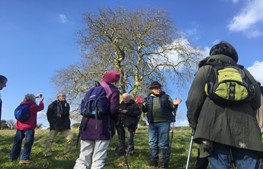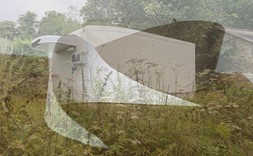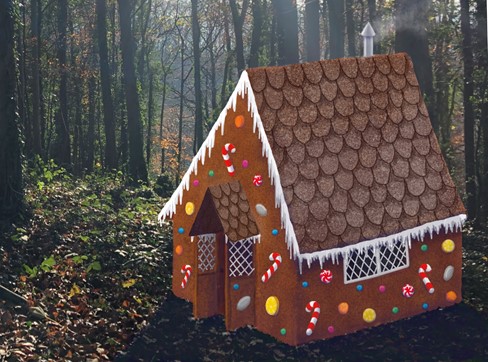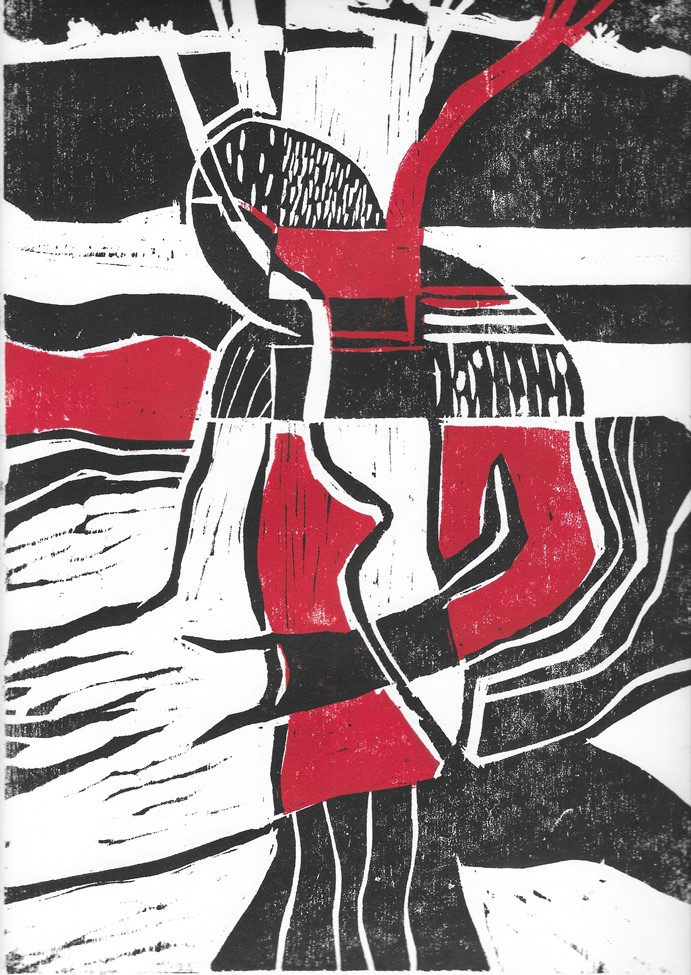
Growing Places: Art linking people with food, farming, wellbeing, nature and landscape.
Growing Places aims to support and promote a number of farmers and landowners (Stroud Community Agriculture, Oakbrook Community Farm, Hawkwood Centre for Future Thinking and Stroud Woodland Co-operative) by engaging more local people with their work through art walks, workshops and other creative activity days. We also plan to make contact with other farmers and landowners local to Stroud who are interested in regenerative agriculture.
Find out more
Register your interest and we’ll keep you up date with all the Growing Places walks, talks, workshops, events and artist opportunities.
By using art to engage people with the good practice of this group of landowners, the project will illustrate and promote examples of farming which positively addresses climate change, environmental degradation, healthy diet and working with nature. At the same time, it will provide creative and healthy outdoor activities and research the role of art in helping bring about positive change for nature and for land managers while delivering wider public wellbeing benefits.
Within the Growing Places project there are a number of interwoven elements
Growing Places Walk – walks to identify and map a Growing Places Walk to celebrate regenerative farming and woodland management which increase biodiversity and ameliorate climate change.

The Loom Wall – informed by a series of artist-led walks through the Hawkwood Estate, an artist and a craftsperson will design and build a wall to soften the interface between Stroud Community Agriculture’s operations and the gardens surrounding Hawkwood. The wall will incorporate art works which themselves are responses to the cultural and natural aspects of the place.

The Gingerbread House and artists residencies – the design and build of a small marquee designed & decorated to look like a gingerbread house, to be used as a resource for local artists and artists in residence, including the running of a minimum of 18 workshops. The House and its resident and visiting artists will immerse young and old visitors alike in the wonder of weaving a story and the astounding intricacy of the world around us. The Gingerbread House will be sited in various places during the project.

Community Family Tree – the distribution of woodblock prints to commemorate peoples’ involvement with associated tree planting and woodland management around the Growing Places Walk and to act as a link to an online map for future generations to visit.

Composting Project – involving partners in the design and building of a composting facility, and dissemination of current best practice through a compost seminar and 8 creative workshops connecting regenerative agriculture, landscape, soil and food.
The Growing Places Directory & Narrative – a means for community groups and individuals to access and support the resources offered by the Growing Places Partnership into the future, and a record of the project to provide a blueprint for others wishing to do something similar elsewhere. This will take the form of inspiring stories, including imagery and personal histories/interviews about Growing Places. People will be able to contact the partners for further details, and partners could contact potential user groups.
The Growing Places Festival and Conference – a celebratory learning event at the Museum in the Park during January and February 2025, comprising: walks, talks, exhibition and conference for wider dissemination of our findings.
Press & Media
https://www.stroudnewsandjournal.co.uk/news/24593646.pictures-sixty-brave-thunderstorms-stroud-event
https://stroudtimes.com/new-composting-facility-opens/
https://stroudtimes.com/community-farm-celebrates-launch-of-new-compost-bays/
Find out more
Please use this form to register your interest and keep up to date with the range of activities including our walks, talks and workshops taking place between now and the final exhibition in February 2025 (Your information will be used only for this purpose.)
We are also interested to hear from artists, landowners, schools, groups and organisations who would like to be included in our directory.

Find us on Instagram @walking_theland and Facebook @artistswalking.
Email: growingplaces_admin@walkingtheland.org.uk.

Supported by DEFRA through the Farming in Protected Landscapes scheme
